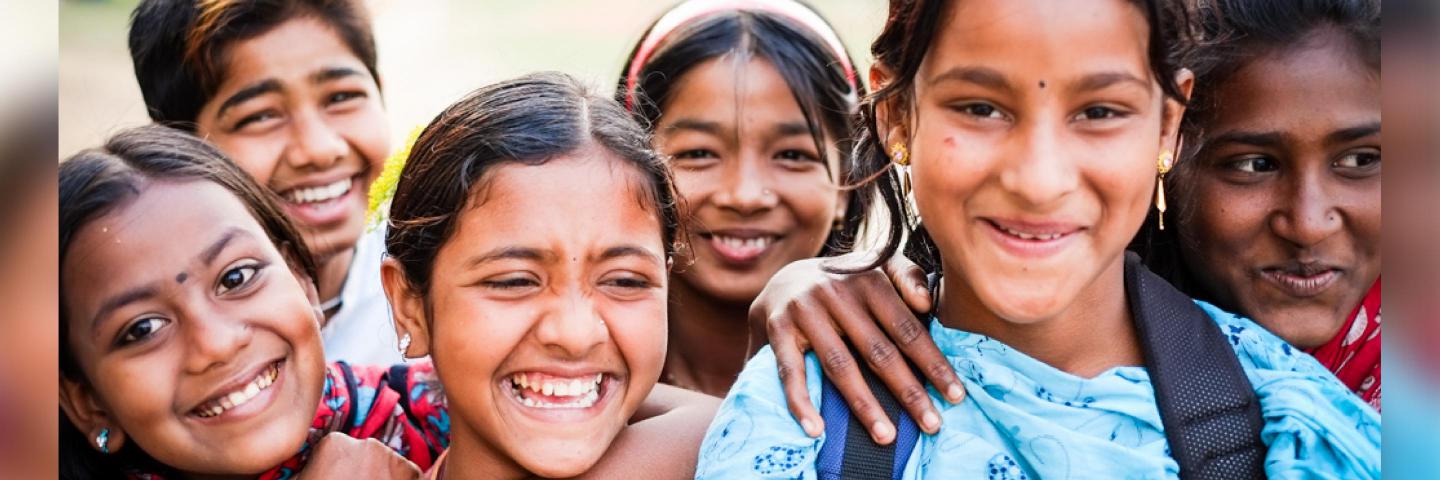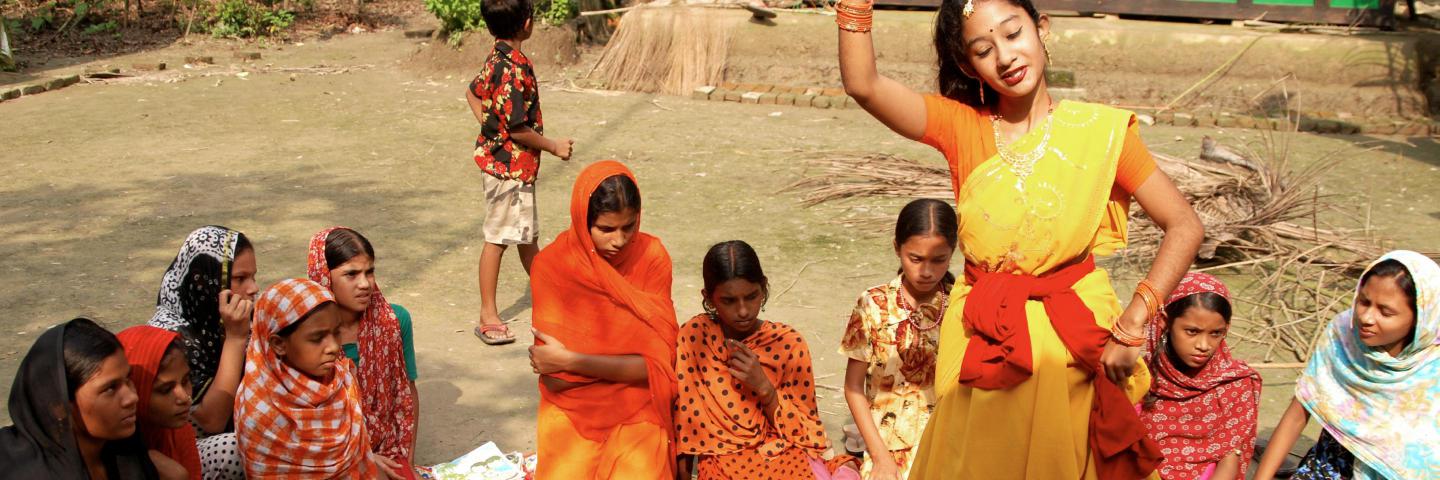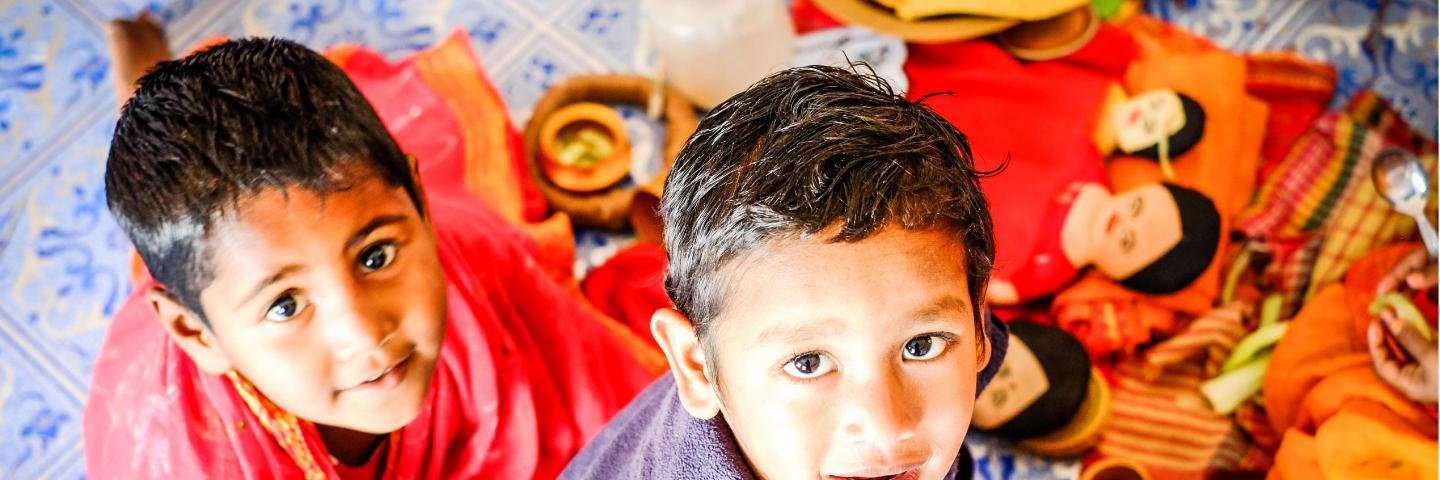

Our meticulously crafted child poverty programme uses a variety of livelihood interventions to improve children’s nutritional, health, and educational status while significantly reducing the risk of abuse, exploitation, and neglect. We take our interventions to areas facing extreme poverty, undernutrition, and protection risks, through strong networks that we’ve built to support the development and implementation of the National Social Security Strategy. Those in poverty often lack access to education and do not understand the necessity to learn, as they are encouraged to start work early to support the immediate needs of their families. To help poverty-stricken children transform into empowered citizens, our Education for Youth Empowerment (EYE) Programme is geared towards improving their social status through accelerated education and vocational training and linking them to decent job opportunities in the future. By teaming up with the Ministry of Labour and Employment, we will support adopting and implementing the National Corporate Social Responsibility (CSR) Policy for Children. Our nutrition-specific and nutrition-sensitive approach has led to substantial changes in the areas of infant and young child feeding (IYCF), maternal child health & nutrition (MCHN) practices, dietary diversity, household food security, nutrition indicators, and household income and savings.

Save the Children is implementing integrated projects and programmes in both development and humanitarian contexts, where different types of beneficiaries are identified from the same source by a single point of community-based workers. This is inherently more efficient as it reduces costs by combining resources, avoids duplication or exclusion of beneficiaries, and helps determine the appropriate type and amount of support. Through our Shishuder Jonno programme, we support the development of children, particularly those deprived of basic needs and services like health, education, and livelihood opportunities. We follow a life cycle approach to implement a comprehensive set of activities appropriate to each life stage for children until they are 18 years old, encompassing services for mothers’ and new-borns health and nutrition, early childhood care and development, and basic education with a focus on digital innovation, school health, and nutrition and adolescent development. We always make sure to promote child protection, child rights, and governance through our work; and encourage community mobilisation and gender inclusion. We actively involve children, their families, and community actors to address the needs of the children and create an enabling environment for them.
